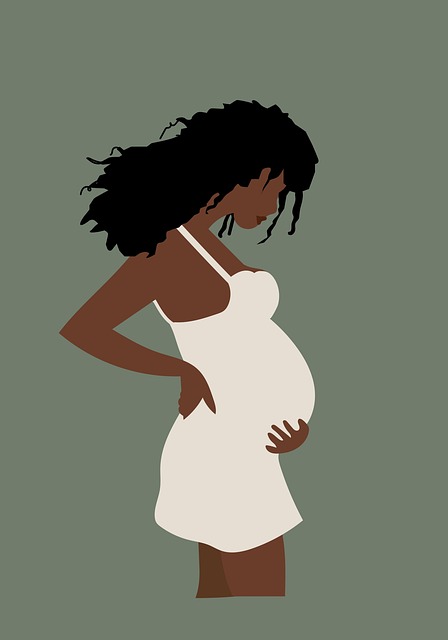Hey there! So, let’s chat about ovarian reserve tests and whether they really give us a clue about fertility. A recent study published in the Journal of the American Medical Association (JAMA) found that the number of eggs left in your ovaries—what we call ovarian reserve—doesn’t necessarily predict how fertile you are. Sounds a bit surprising, right? So, what can we learn from these tests, and how should we interpret the findings?
Understanding AMH, FSH, and Inhibin B Tests
As we age, certain hormone levels change, which can help indicate ovarian reserve:
- Antimüllerian hormone (AMH): This hormone is produced by early-stage ovarian follicles. Higher AMH levels suggest a better ovarian reserve, while lower levels indicate a decrease. Interestingly, research has also linked AMH levels to the timing of menopause.
- Follicle-stimulating hormone (FSH): Secreted by the pituitary gland, FSH peaks just before ovulation. Elevated FSH levels may be a sign of reduced ovarian reserve or a lower egg count.
- Inhibin B: This protein is released by small, resting follicles in the ovaries. Higher levels of inhibin B indicate more follicles, which could theoretically enhance pregnancy chances.
What the Study Found
Many people have used these ovarian reserve tests to predict fertility potential, but solid evidence has been lacking—until now. In this study, researchers followed 750 women aged 30 to 44 from 2008 to 2016. These women, all from the Raleigh-Durham area and with no infertility history, provided blood samples for AMH, FSH, and inhibin B, along with urinary FSH levels, while trying to conceive.
They compared hormone levels with the ability to get pregnant within a given cycle and over 6 or 12 cycles, considering factors like age, BMI, and smoking status. Here’s what they discovered:
- Women with low AMH had a 65% chance of conceiving in six months (versus 62% with normal levels) and an 84% chance in 12 months (compared to 75%).
- For those with high blood FSH, the chances were 63% at six months and 82% at twelve months, again similar to those with normal levels.
- High urinary FSH showed a 61% chance at six months and 70% at twelve months, still not hugely different from normal levels.
- Interestingly, inhibin B levels didn’t affect the chances of conception at all.
The crux? Women with lower ovarian reserve were just as likely to conceive as those with normal reserves. So, the tests didn’t show a significant difference in fertility potential between the two groups, which contradicts earlier beliefs.
Making Sense of It All
First off, while age does impact egg quality, the sheer number of eggs doesn’t tell the whole story. Think of it like lottery tickets: more tickets improve your odds, but having just one solid ticket can still win you the jackpot.
Also, the women in this study hadn’t struggled with infertility, so we shouldn’t assume these results apply to everyone. Plus, the study only looked at positive pregnancy tests, not actual live births, which is the true measure of fertility.
Lastly, they didn’t gather enough data on women with very low AMH levels, often seen closer to menopause.
Though ovarian reserve and fertility decline with age, this study suggests that the number of eggs doesn’t correlate strictly with fertility factors like egg quality. Some experts believe that AMH and FSH levels could still play a role in activating immature follicles, which might boost pregnancy chances.
At the end of the day, don’t let a good ovarian reserve give you an excuse to postpone trying for a baby. While these tests can offer insights, they should be considered alongside other factors, like ovulation patterns and age, when evaluating your fertility.
If you’re curious about timing your conception, you might want to check out this blog about your baby’s due date. And for those looking to enhance fertility, consider exploring options like fertility boosters for men to support the journey ahead.
Summary
Ovarian reserve tests like AMH, FSH, and inhibin B may not be reliable predictors of fertility, according to recent research. Although they provide insights into ovarian function, age and egg quality play a more crucial role. Always consider multiple factors when assessing your fertility potential.

